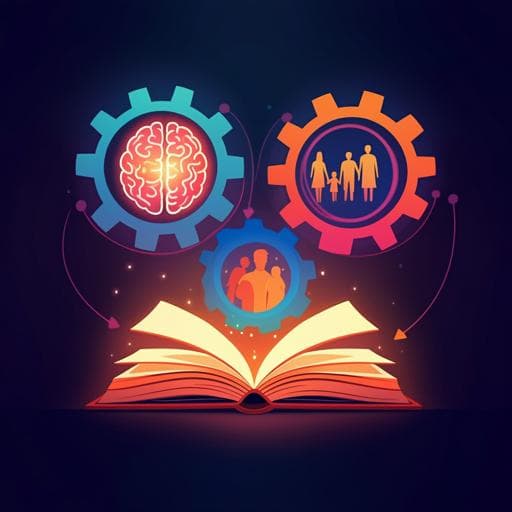
Education
Understanding the influence of children's mental health, cognitive development, and environmental factors on learning outcomes in Chile
G. Gómez, M. Rivas, et al.
This groundbreaking study, conducted by Gabriela Gómez and colleagues, delves into the crucial links between children's mental health, cognitive development, and social backgrounds, revealing how these factors influence learning outcomes in Chilean first graders. Discover how working memory and social-emotional behavior significantly impact academic success in reading and math, highlighting the need for a holistic view on child development.
Related Publications
Explore these studies to deepen your understanding of the subject.







